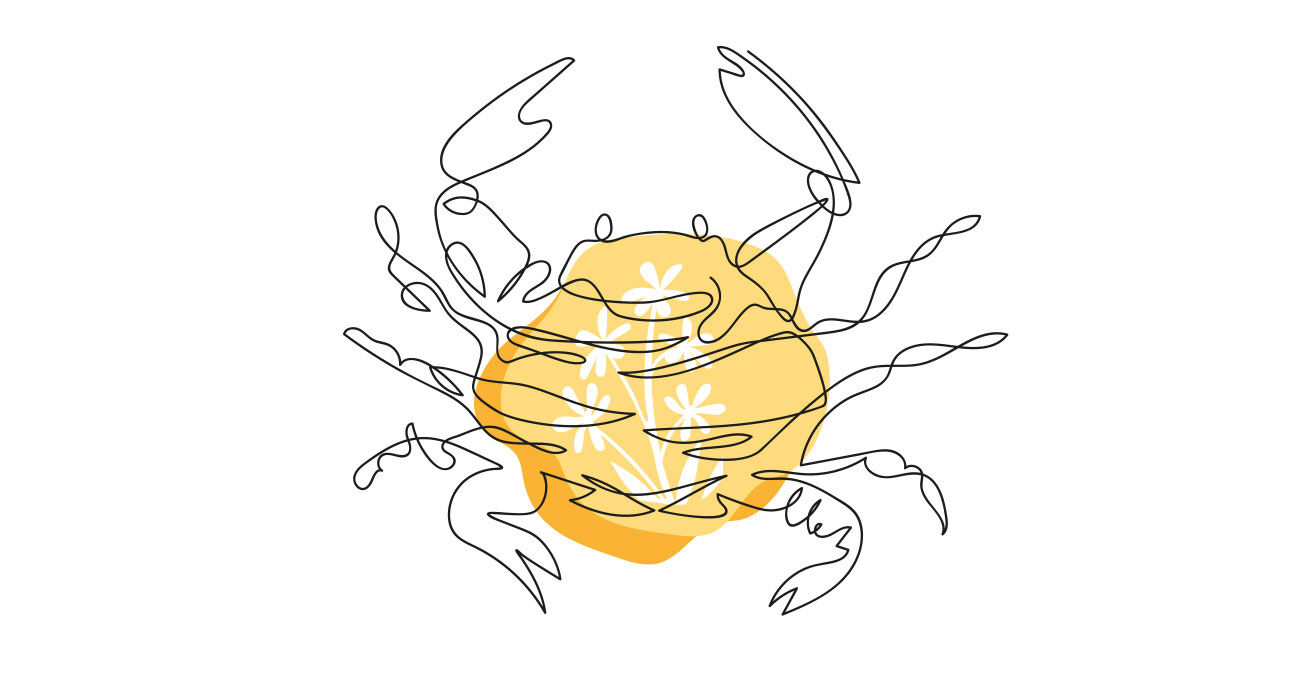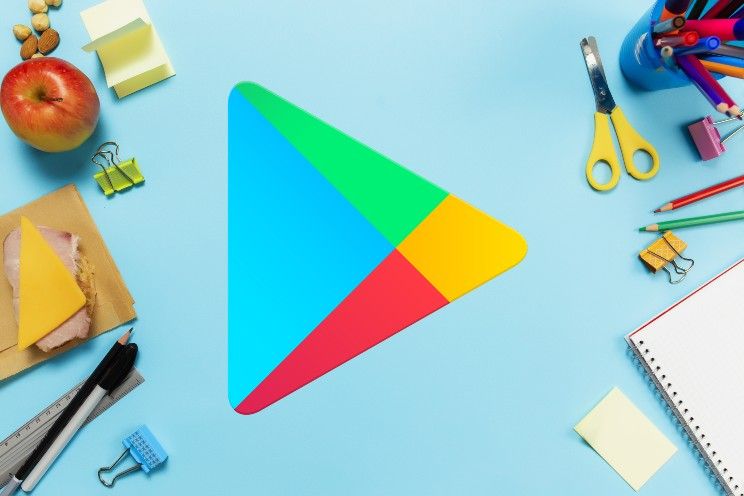Get rid of the leap second – Apparata
Meta, the parent company of Facebook and WhatsApp, among others, wants to get rid of the leap second.
Just like a leap year once every four years, where we make the beautiful month of February last a day longer, there is also such a thing as a leap second. It is also intended to equate the standard time we use with the rotations of the earth.
Now that leap second is not quite as regularly as a leap year. That comes back every 4 years, so you can program it. The leap second is different.
Midnight
The leap second was introduced in 1972 by the wise men of the International Earth Rotation and Reference Systems Service (IERS). A good way to align the time with the position of the Earth. At the stroke of midnight, the clock does not go from 23:59:59 to 00:00:00, but to 23:59:60 and then to 00:00:00. So you have an extra second.
Since 1972 we have been given 27 seconds as a gift, because IERS has noted 27 times in all those years that such a second had to be added.

In the overview that Meta places on its website, you can clearly see how irregularly that leap second is applied. And that is precisely the problem for tech companies.
Computers can count just fine. As long as there is regularity. But then suddenly an extra second… When a second was added in 2012, it caused major problems at tech giants such as Reddit, Yelp and LinkedIn.
Get rid of the leap second
That’s why Meta wants to get rid of that second. It once seemed like such a good idea, but with the technology-based society we have now, it’s nothing. Meta is not alone in this. Google and Microsoft also want to get rid of it. But yeah. Just think about centralizing it, because of course you have to do it all in the same way at the same time.
Meta has therefore already chosen not to paste that second at midnight, but to spread that extra second over 17 hours. They slow down, say, the clock so that one second is added in 17 hours.
United Nations
Ideally, there will be a universal way to perform the leap second in a different way. Because if Meta chooses to spread out over 17 hours and Google for 15 hours, that can cause a lot of problems across the board.
That one second keeps people busy. Even to the United Nations. The ITU (International Telecommunication Union), part of the UN, is even investigating this phenomenon and is coming up with a report on how to tackle this global problem.
Until then, we’ll have to make do with an extra beat at midnight, or the solutions that each tech company comes up with itself. Next December 31, it may be time for an extra second. Then 2022 will take just a little longer than expected.


